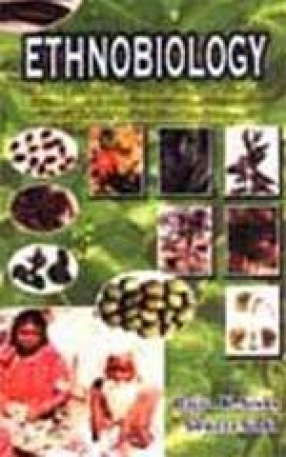
Rajiv K Sinha

Showing all 14 books

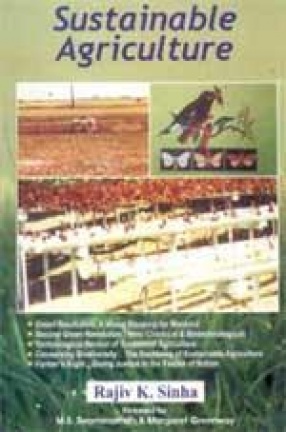


Ethnobiology is a new discipline studying the knowledge and traditional practices of the indigenous and ethnic societies of world in conservation and use of biodiversity for human health and nutrition and using that knowledge for bioprospecting and biodevelopment. Diverse ethnic societies occupy a large areas on the earth especially those which are rich in biodiversity and there is an intimate relationship between the ethnic diversity and biological diversity. ...

Global biodiversity was one of the key issues of debate at the Rio Earth Summit in 1992, which led to the formation of two distinct blocks of "biological powers"--the north nations rich in "biotechnology", and the south nations rich in "biodiversity". The book covers a wide range of issues on biodiversity--the strategies of conservation; the causes and consequences of erosion; the global biodiversity convention and the question of ...


In the coming decades and by the year 2020, there will be an extra. 1.5. billion people to be fed. This is another challenge, and as great as it was faced 40-50 years ago which necessitated the first green revolution. This came as a 'mixed blessing' for mankind. If the increasing threat of soil degradation, food contamination, crop genetic erosion and food shortages in world has to be avoided, there has to be a pragmatic changes in the farming policies and ...
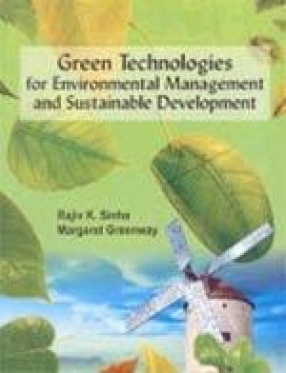
Technologies of the 20 century promoted rapid socio-economic development and improved the quality of life of the people. But it was not without a price. All the basic life-support systems on earth--air, water and food-started getting poisoned in the wake of material development threatening our sustainability and survival. This called for a change in the strategy of development and the technologies applied. Sustainable human society on earth 'good quality of life ...
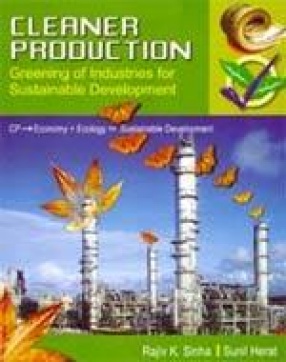
Cleaner Production is now becoming part of the philosophy that ‘development and environment’, ‘industry and society’ must go hand in hand. Industries in the developed nation have discovered the economic wisdom of preventing waste and pollution at source rather than to bear the cost of ‘cleaning up’ a major oil spill or an old toxic dump site or settling a lawsuit over public health claims or paying ‘waste and pollution taxes’. Cleaner Production ...

Engineers are vital to society for the development and provision of infrastructure and systems required for modern living. It is true that engineers once went about their work with little regard for the environment. However, this lack of concern is no longer acceptable, and engineers now recognise that they are a crucial element in environmental protection and management. Engineers, whether they are civil, electrical, mechanical, chemical, mining or one of the ...

The book is based on the original research of the author. The herbal vendors are "barefoot doctors" giving door to door medical service. They are descendants of primitive tribal communities of Central India who have acquired knowledge about herbal medicine from their forefathers through accumulated experience and often through experimentations upon themselves. The plants and plant products used by the herbal vendors as medicines; their biochemical ...
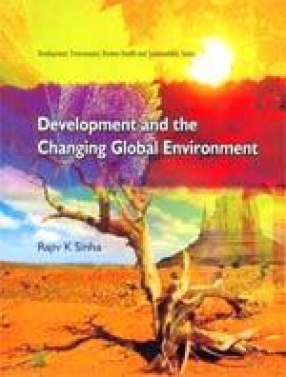
Development and environment was a major issue of the 20th century and the debate continues in the 21st century. The economic development programs based on 'fossil fuel economy' essential to deliver a minimum quality of life to people, is also threatening their existence. Mankind is caught in a vicious circle of 'economic development vis-Ã -vis environmental degradation'. In the name of development, the world today produces more instruments to 'kill' rather than ...

Mankind will perish if the protection of the environment does not become an integral part of all our developmental programs. We need to plan for Sustainable development' based on the ethical principle of socio-economic equality and ecological sustainability. Economic development and environmental management (restoration and improvement) programs should go hand in hand. Clearly, the new paradigm of development is not the game of economics alone. All issues- ...

Environmental Biotechnology (EBT) is a new emerging discipline which integrates live materials, mainly plants, some very small animals like the earthworms, and the microorganisms to address the problems of environmental management and sustainable development. The technology originated in Germany in the 1930s, but gained importance in the 1980s when researches in biotechnology discovered the environmental virtues of some specially adapted plants and the microbes ...
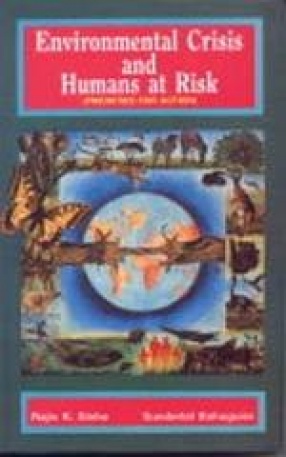
Environment has become a key issue today as human survival directly depends upon it. The future of our children will depend upon the state of environment that we leave today. All over the world "Environmentalism" has been a growing phenomenon. The Stockholm Conference of 1972 and the Rio Earth Summit of 1992 reflected the seriousness of the problem and called for an early action before the ecological disaster striked the humanity. The book covers wide ...

Study of biodiversity--the wide variety of plants, animals and microscopic life of earth upon which depends the human existence is gaining importance all over the world especially after the discovery of some "miracle food and medicinal plants from the wild" and after the realization that several valuable species were getting extinct (permanently lost) from the face of the earth even without being discovered. Only next to the atomic war there is probably ...
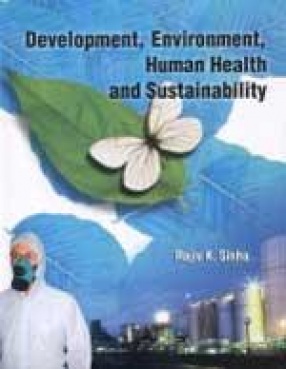
Development and environment was a major issue of the 20 century and the debate continues in the 21 century. The economic development programs based on 'fossil fuel economy' essential to deliver a minimum, quality of life to people, is also threatening their existence. Mankind is caught in a vicious circle of 'economic development vis-a-vis environmental degradation'. In the name of development, the world today produces more instruments to 'kill' rather than ...
